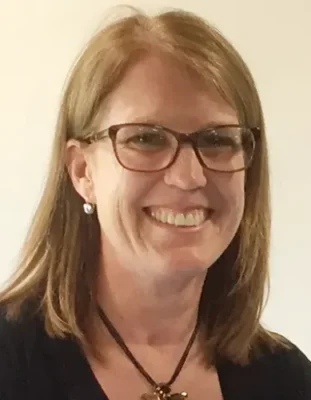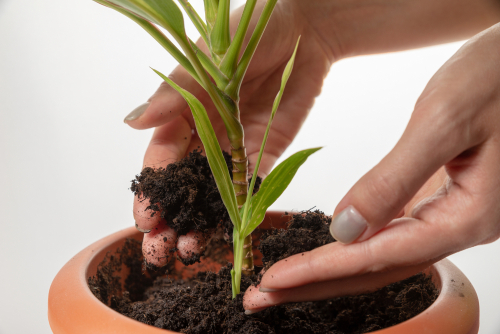NALDIC friend and committee member Susan Stewart reflects on how little (language) acts can make an impact in our schools

As professional jugglers of sorts, we teachers are constantly needing to prioritise what we do. We might have ambitious goals of how we would like our language programmes to be, and can’t quite see how to begin. James Clear, in his book Atomic Habits, talks about the need to focus away from ‘goals’ and towards the ‘system’, explaining that making little shifts in our habits can lead to bigger and more sustainable changes over time.
What are the little (language) acts we can do every day to make an impact?
Knowledge about our pupils’ language and cultural repertoires (all the languages and cultural contexts they know) is as valuable as knowing their interests and passions. We have all seen the light in a pupil’s eye when we ask them on a Monday morning if they watched their favourite football team play over the weekend … and the light in their eye is not necessarily due to their team’s victory, but also because we remembered that they are football supporters of that particular team. Knowing what languages a pupil speaks at home, with whom they use these languages and if they have literacy in them, can help us better understand pupils’ general oracy and literacy skills, their personal context, as well as being key to honouring their unique identity.
 There are many ways that you could gather this information: it could be systematic, where you use classroom time and have pupils fill in a questionnaire, invite them to interview one another or share in a whole-class discussion. Sharing with the class can also spark curiosity about each other’s languages and backgrounds. These exchanges can transform the pupil who is new to English into someone who knows and can do so much more than might be currently evident in the English-medium school setting. Encouraging pupils to make connections to their home languages when they are writing (it can be a simple question like “How is it in your language?”) can help them increase their metalinguistic awareness and deepen their understanding of English as well.
There are many ways that you could gather this information: it could be systematic, where you use classroom time and have pupils fill in a questionnaire, invite them to interview one another or share in a whole-class discussion. Sharing with the class can also spark curiosity about each other’s languages and backgrounds. These exchanges can transform the pupil who is new to English into someone who knows and can do so much more than might be currently evident in the English-medium school setting. Encouraging pupils to make connections to their home languages when they are writing (it can be a simple question like “How is it in your language?”) can help them increase their metalinguistic awareness and deepen their understanding of English as well.
You could also gather information about pupils’ languages in a more ad hoc, informal manner when you have those little conversations with pupils in the playground, on the way to a sports fixture, or when walking to and from spaces in the school. Make it a habit to naturally turn conversations towards languages!
Many pupils who are new to learning English have already learnt about the subject matter in their previous school in another language but might find it challenging to show this through the English language. Asking pupils what they already know about a subject could help bridge the gaps between knowledge and understanding and the language needed to express that knowledge. If the pupil has some previous knowledge, then consider alternate ways for them to demonstrate that knowledge, which might not necessarily be in written form. Encouraging pupils to discuss their learning with fellow pupils who share the same home language could bring new perspectives to the classroom as well as ensure that all pupils feel that they, and their full linguistic repertoire, belong there.
In sum, we can create space for talking about languages and something as simple as asking “What languages do you speak?” can be the very first step towards making an impact and support our EAL pupils.
Do you have a story to tell about how your little acts have made a big impact at school? Join us!
- See our Regional or Special Interest Groups
- Join us for a Twilight Networking
- Attend one of our many free NALDIC events this year


